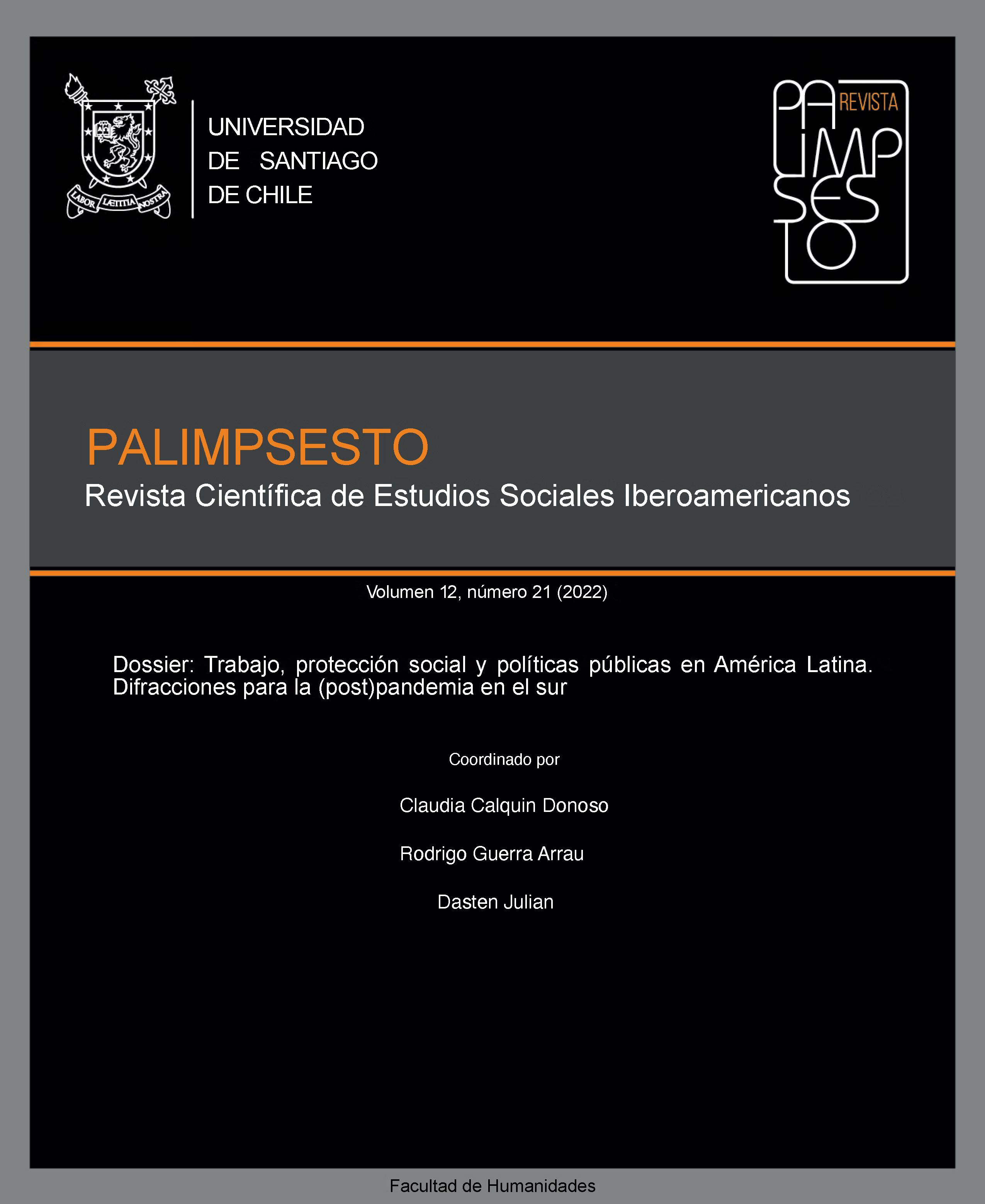Exile, Heterotopia and Heteroglossia in Lázaro Covadlo and Horacio Vázquez-Rial
DOI:
https://doi.org/10.35588/pa.v12i21.5561Keywords:
Exile, Argentine literature, Borders, Identity, SearchAbstract
The history shared by Spain and Argentina is a history of back and forth and back and forth without returning. In the following article, I would like to focus on one aspect of this swing: the exile of Argentine intellectuals in Spain. Fleeing the dictatorship and political tensions of contemporary Argentina, several writers sought refuge on the other side of the Atlantic. Their writing was forever marked by this journey. An inner wound that manifests itself through the recurring themes of travel, migration/exile, or the search for identity in the new welcoming space. At the narrative level, this a permanent alternation between Spain and Argentina in terms of space and time (generating what we might call heteropia) but also in terms of the writing language, oscillating between Spanish and the Argentine language. In my analysis I will try to deepen the different modulations of this cross-border experience from two novels: Bolero by Lázaro Covadlo (Buenos Aires 1937, lives in Spain) and La capital del Olvido by Horacio Vázquez-Rial (Buenos Aires 1947-Madrid 2012).
Downloads
Submitted
2022-06-15Published
Issue
Section
License
- Los autores publicados en Palimpsesto aceptan las condiciones de publicación, distribución, preservación y uso de contenidos contemplados por esta revista a través de la licencia Creative Commons BY https://creativecommons.org/licenses/by/4.0/ que permite compartir el trabajo con un reconocimiento de la autoría original y publicación inicial en esta revista
- Los autores pueden hacer uso sin restricciones de su producción, cumpliendo siempre con lo exigido por la dicha licencia: citar la edición respectiva de esta revista como fuente original.
- Palimpsesto acoge y promueve el cumplimiento de acceso abierto sin ningún tipo de condición o restricción a los textos y datos dados a conocer por ella. Palimpsesto hace suya todas las declaraciones internacionales que favorecen el acceso abierto (Open Access), tales como las de Budapest, Berlín, Bethesda, entre otras.
- Como política de retribución, los autores, cuyos artículos hayan sido aceptados y publicados en PALIMPSESTO, aceptan formar parte del comité de revisores de nuestra revista.
- El autor/a, una vez enviado el artículo, acepta las condiciones de difusión de esta revista explicadas en este apartado.









